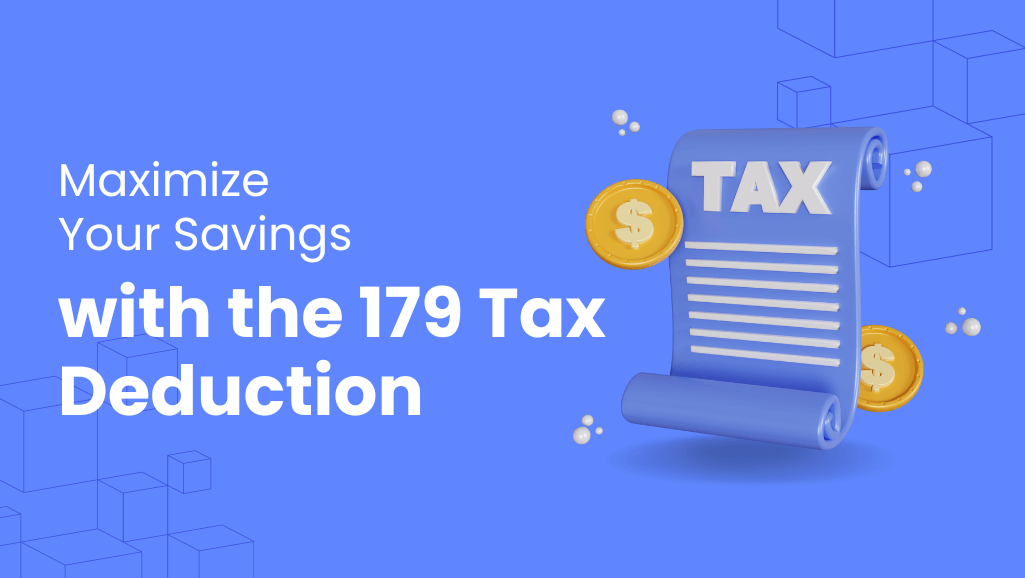Outstanding Debt Definition: What It Means for Your Finances
Understanding financial terminology is crucial for managing your personal finances effectively. One term that often surfaces in financial discussions is “outstanding debt.” This article will explore the outstanding debt definition, its implications for your financial health, and strategies to manage and reduce it.
What is Outstanding Debt?
To comprehend the outstanding debt definition, it is essential to break it down into simpler terms. Outstanding debt refers to the total amount of money that you owe to creditors, including loans, credit card balances, mortgages, and other types of credit. It represents the cumulative debt that remains unpaid at any given time. This figure can fluctuate based on payments made, new credit taken, and interest accrued.
Types of Outstanding Debt
Understanding the various types of outstanding debt can provide a clearer picture of what you owe. Here are some common categories:
- Credit Card Debt: Balances carried on credit cards that have not been paid off by the due date.
- Loans: This includes personal loans, student loans, auto loans, and mortgages.
- Medical Bills: Unpaid medical expenses can also contribute to your outstanding debt.
- Utility Bills: Unpaid electricity, water, and other utility bills.
- Tax Debt: Money owed to the government in unpaid taxes.
Each type of debt can impact your finances differently, depending on the interest rates and repayment terms associated with them.
How Outstanding Debt Affects Your Finances
Understanding the outstanding debt definition is crucial because it directly impacts your financial health in several ways:
Credit Score
Outstanding debt plays a significant role in determining your credit score. High levels of debt can lower your score, making it more challenging to secure new credit or loans at favorable interest rates. Credit utilization, which is the ratio of your credit card balances to your credit limits, is a key factor in this calculation.
Interest Payments
The more outstanding debt you have, the more you will pay in interest. High-interest debts, such as credit cards, can quickly accumulate, leading to a cycle of debt that can be difficult to break.
Financial Stress
Managing multiple debts can be stressful and overwhelming. The pressure to make timely payments can affect your mental and emotional well-being.
Strategies to Manage and Reduce Outstanding Debt
Effectively managing and reducing your outstanding debt is essential for achieving financial stability. Here are some strategies to consider:
Create a Budget
Developing a budget is the first step in managing outstanding debt. Track your income and expenses to identify areas where you can cut back and allocate more funds toward debt repayment.
Prioritize High-Interest Debt
Focus on paying off high-interest debts first. This strategy, known as the avalanche method, can save you money on interest payments in the long run.
Consolidate Debt
Debt consolidation involves combining multiple debts into a single loan with a lower interest rate. This can simplify your payments and reduce the overall interest you pay.
Seek Professional Help
If your outstanding debt is unmanageable, consider seeking help from financial advisors or debt management services. Work with tax attorneys who specialize in helping clients with tax debt issues. They can provide expert advice and strategies tailored to your specific situation, assisting in negotiations with creditors and the IRS.
Increase Your Income
Look for ways to boost your income, such as taking on a part-time job, freelancing, or selling unused items. The extra money can be directed towards paying down your outstanding debt.
Conclusion
Understanding the outstanding debt definition is fundamental for managing your finances effectively. Outstanding debt encompasses all the unpaid balances you owe to creditors, affecting your credit score, incurring interest payments, and potentially causing financial stress.
By implementing strategies such as budgeting, prioritizing high-interest debt, consolidating debt, and seeking professional help, you can take control of your outstanding debt and work towards financial stability.










